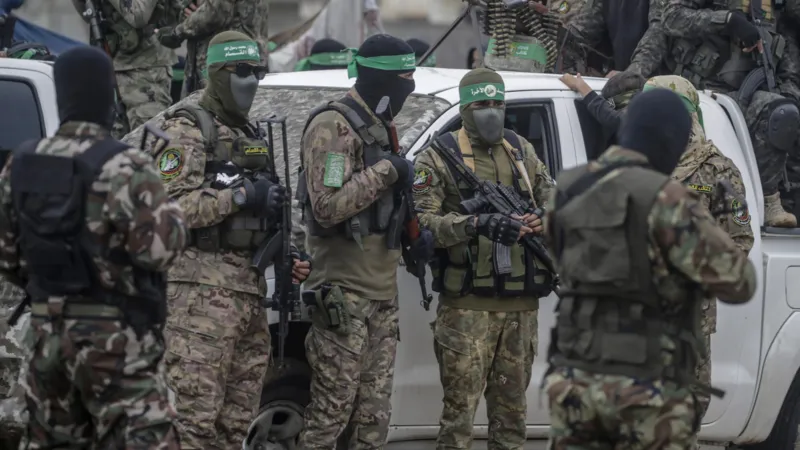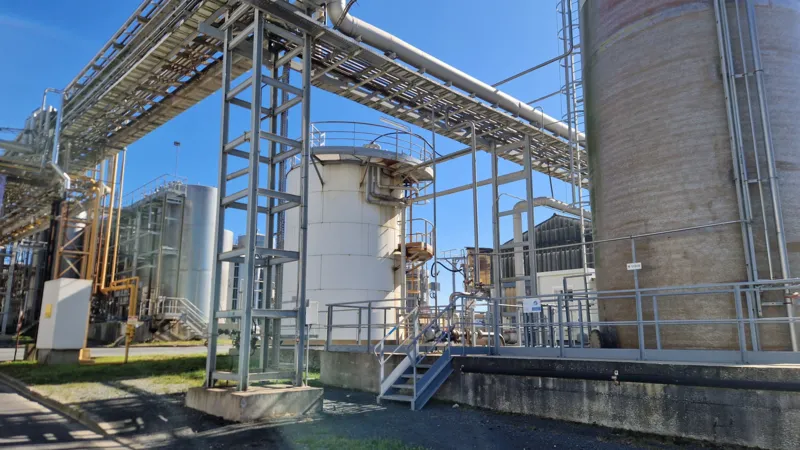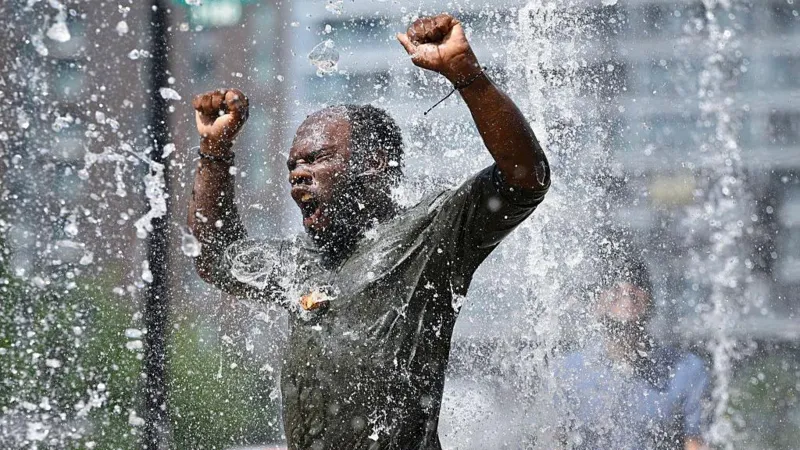DR Congo: UN mission moves to protect civilians
MONUSCO and the Congolese army want to counter the movements of the M23 rebels in the North-Kivu region as swiftly as possible, while Rwanda continues to deny its support of the group.

The United Nations Organization Stabilization Mission in the Democratic Republic of the Congo — also known as MONUSCO — has launched a new operation to protect civilians in North Kivu province, the epicenter of the ongoing conflict in eastern DR Congo.
The move came shortly after fighting resumed on Sunday between the Armed Forces of the Democratic Republic of Congo (FARDC) and the rebel group M23, 70 kilometers north of Goma, the capital of North Kivu.
In a statement posted on Twitter on Monday, MONUSCO said that its "Force Intervention Brigade launched Operation LINDA NJIA (Protect the Road) to maximize the protection of civilians in North-Kivu."
It added that "MONUSCO and the FARDC (Congolese army) are intensifying field patrols to counter the movements of armed groups."
According to the United Nations (UN), the protection of civilians in eastern DR Congo remains a major challenge.
The armed conflict between the M23 rebels and the Congolese army has created massive displacement in the region, with thousands of people fleeing their homes.
"MONUSCO supports the steps aimed at implementing the decisions of the Luanda mini summit," MONUSCO spokesperson Khady Lo Ndey told DW.
The summit, which was held in Luanda last November between Congolese and Rwandan authorities, ended with an agreement for an "immediate cease-fire."
The parties also agreed to demand “the immediate withdrawal of the M23 rebels from the occupied areas."
Tensions between DR Congo and Rwanda over M23 also flare sporadically, with the Congolese army consistently accusing neighboring Rwanda of arming the rebels.
Ndey added that the "strict implementation of the decisions of [the] summit will minimize the armed clashes in North Kivu and thus contribute to the protection of civilians and the return of displaced persons to their places of origin."
The plan to drain the M23 coffers
However, the most recent withdrawal announced by the M23 rebels has not gone to plan, with locals saying the handover of the strategic town of Kibumba has not been "effective."
Under heavy international pressure, M23 announced its intention to withdraw from the swaths of territory it occupies after meeting representatives of the Congolese armed forces, the East African Regional Force, MONUSCO, and the East African Community (EAC).
The rebels delivered Kibumba to a regional military force on December 23 as a "goodwill gesture," however farmers in the region claim "the M23 are still with us."
Authorities in North Kivu province have meanwhile asked traders and residents to avoid using the strategic Bunagana border post close to Uganda, which is also currently under the control of the rebels.

If enough traders avoid the border post, authorities hope it will eventually deprive the M23 of crucial funds, as they currently collect taxes at the crossing.
Augustin Muhindo, a security analyst based in Ituri, told DW that the taxes collected by the M23 rebels range from 1,000 to 2,000 Congolese francs (€0.47 to €0.93, $0.49 to $0.97) per month and per household.
"Some (of the taxes collected) are intended to finance parties of the M23 authorities," he explained.
"There are also taxes collected for the security that the M23 provides in the conquered territories."
Pressure mounts on Rwanda
A report by a group of independent UN experts recently confirmed Kinshasa's repeated claims that Rwanda is supporting the M23 rebels, however the Rwandan government continues to deny the allegations.
In a press release, the European Union (EU) said it welcomed "the work and the recent report of the UN Group of Experts mandated by the UN Sanctions Committee on the DRC, adding that it was "deeply troubled by its findings, and fully supports its recommendations."
Kinshasa also welcomed the findings of the UN experts ,but called for the UN Security Council to further examine the report and impose possible sanctions against Rwanda.
Rwanda's President Paul Kagame has continued to blame Kinshasa for the unending crisis in eastern Congo.
"The reason this situation prevails is because DRC is unwilling or unable to govern its territory," Kagame said in a New Year's message on Saturday.
"Rwanda will not accept to bear the burden for the DRC's responsibilities."
However, Colette Breackmann, a Belgian journalist covering the Great Lakes region told DW that Rwanda's posture and actions remain very provocative.
"I believe that Rwanda's attitude is extremely dangerous because it provokes, it turns the mill," she explained.
"If you let the gear run, the more territory the M23 gains, the more the Congolese armed forces feel the desire and the need to ally with extra-legal groups or local militia groups, which is what is very dangerous for the region," she said.
Breackmann said she is concerned that the ongoing crisis has raised fears of "a fragmentation of the Congo, a balkanization."
"In the conquered localities, the M23 has replaced the Congolese territorial administration. It is a very serious situation."







